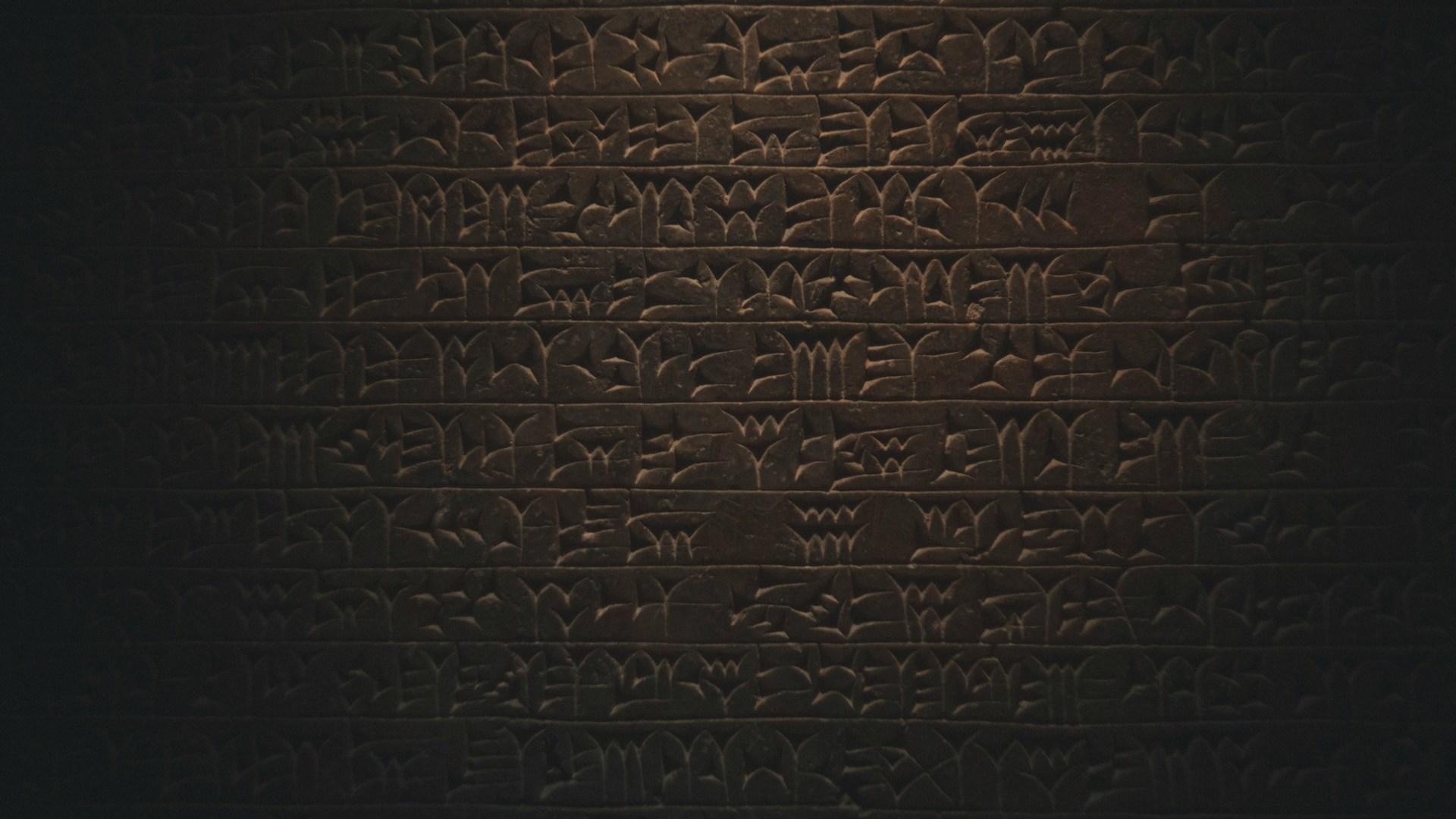Recent research into 4000-year-old tablets has revealed that the messages in the stones carry with them grave warnings of the future.
The tablet, discovered more than 100 years ago, has only now revealed its portentous omens, and gives some insight into the favored prediction methods of the time.
Discovery in Iraq

The tablets were discovered in the remains of the ancient Babylonian city of Sippar, in modern day Iraq.
Although they were found just over 100 years ago, the tablets likely date back as far as 1200 BC.
Gathering Dust

The tablets are a set of 4, and had remained untranslated in a museum since their discovery.
They have cuneiform script, which was an early script commonly associated with the ancient Near East.
Mesopotamians

The tablets were etched by the Mesopotamians, natives of the Mesopotamia region in what is now Iraq.
At the time, the people of that region attempted to interpret images in the sky, believing them to be messages sent by gods.
British Museum

The results and interpretations of the decoding were published in the Journal of Cuneiform Studies.
The tablets had been stored in the British Museum and were investigated by 2 researchers.
Regal Doom

One of the predictions etched into the tablets makes for grim reading for those at the peak of royalty.
It says that if “an eclipse becomes obscured from its center all at once and clear all at once: a king will die, destruction of Elam [a region in Mesopotamia].”
More Moon Meanings

The manner and timing of lunar eclipses were believed by the tablets’ authors to come with several different portents.
Another interpretation deciphered by the authors reads: “An eclipse in the evening watch: it signifies pestilence.”
Significant Find

The tablets’ translation reveals them as significant objects for historians interested in ancient predictions.
Andrew George and Junko Taniguchi, the researchers, wrote that the tablets “represent the oldest examples of compendia of lunar-eclipse omens yet discovered.”
Evidence for Predictions

George and Taniguchi believe the predictions were not all based on the night sky, but that some may have been based on observation.
Corresponding to Live Science, George wrote: “The origins of some of the omens may have lain in actual experience — observation of portent followed by catastrophe.”
Advice for Kings

The tablets likely served to guide the advisors of kings who may have hoped to avoid some of the ill fates described.
The article posits: “Those who advised the king kept watch on the night sky and would match their observations with the academic corpus of celestial-omen texts.”

